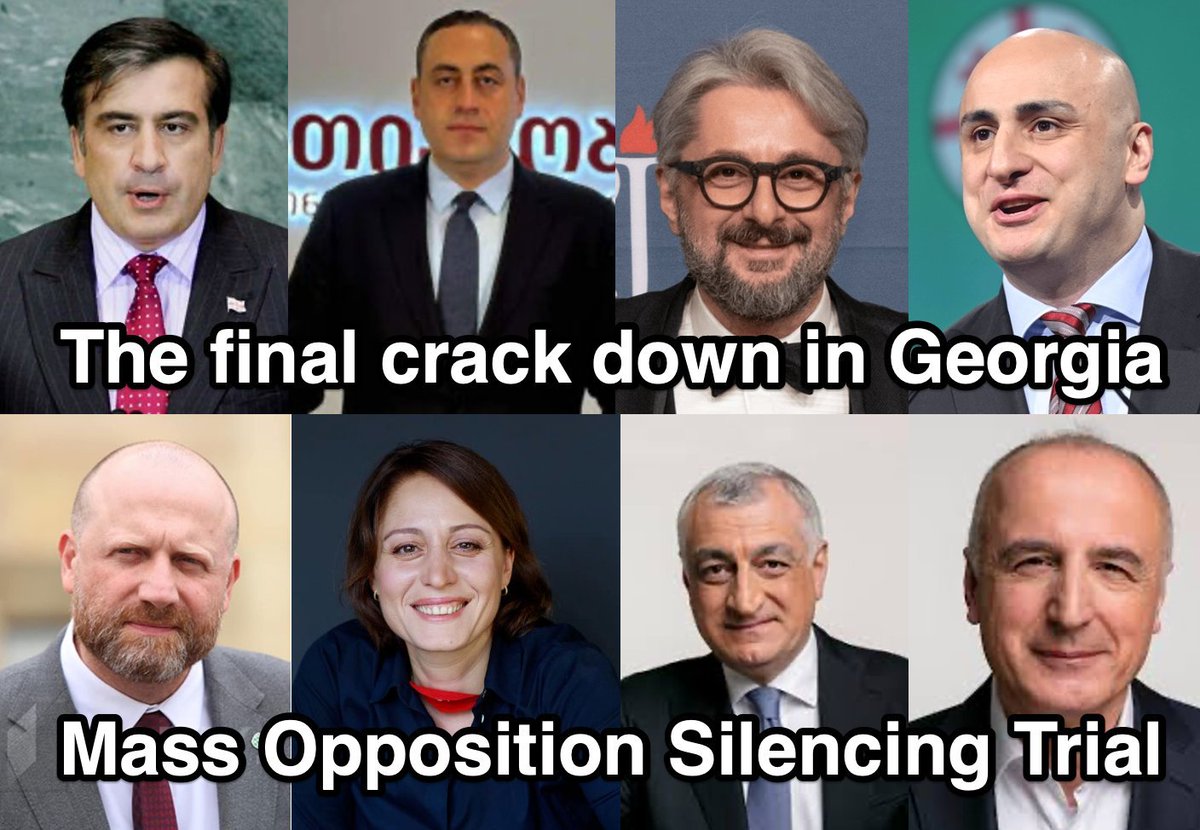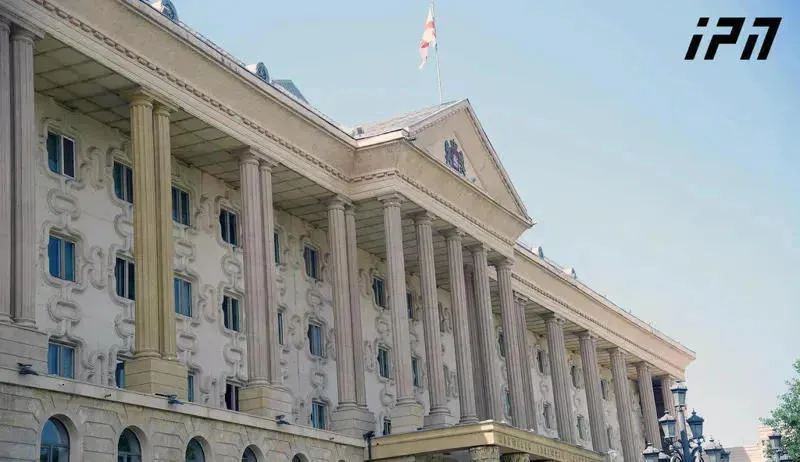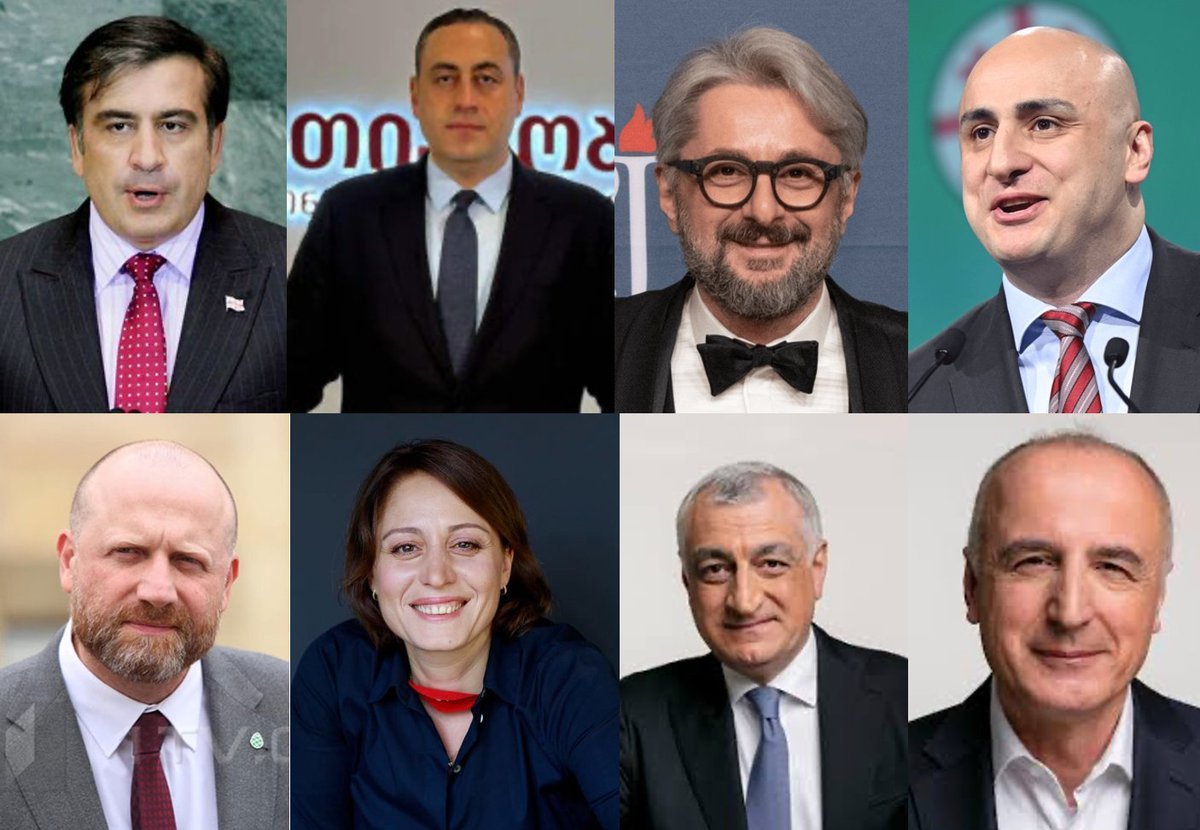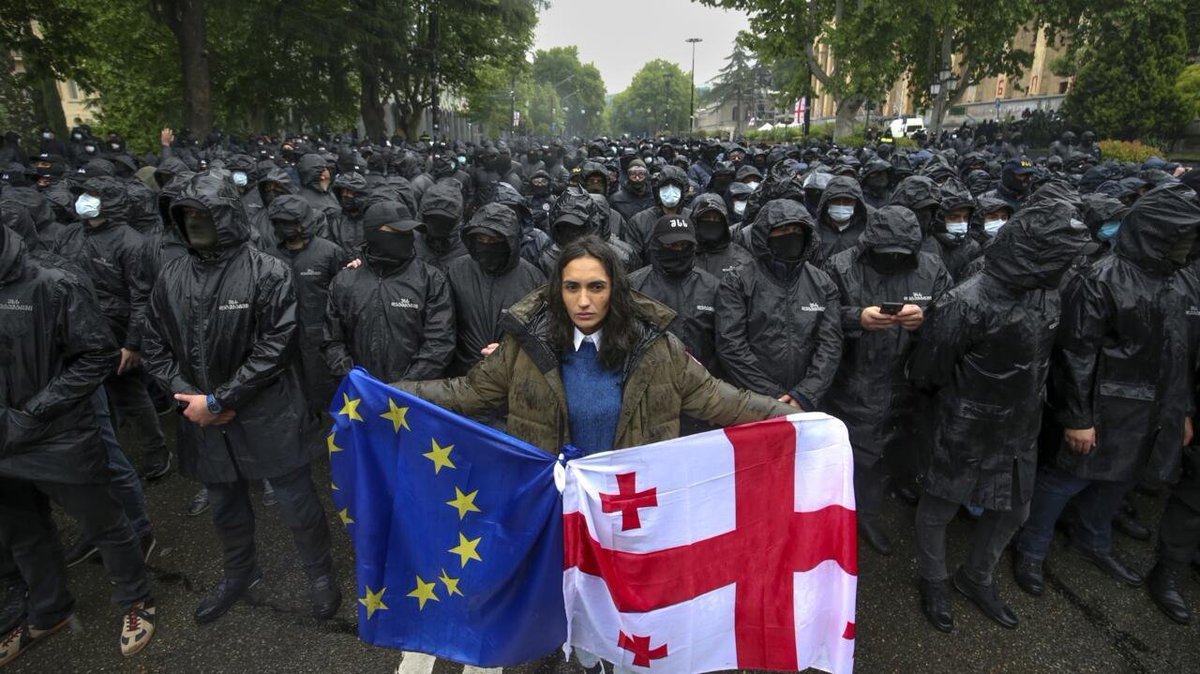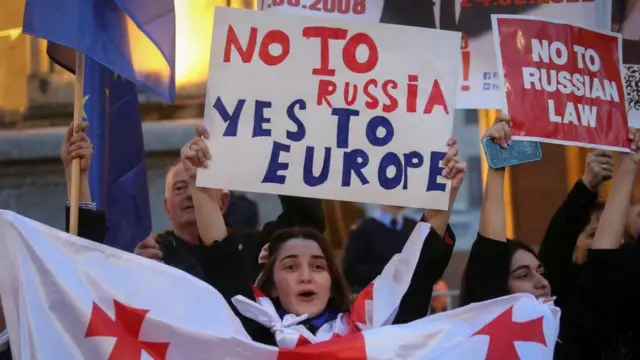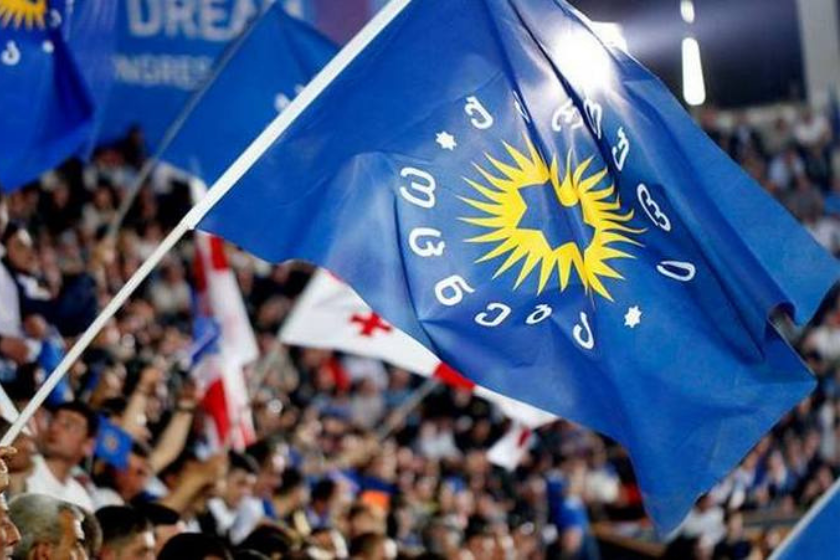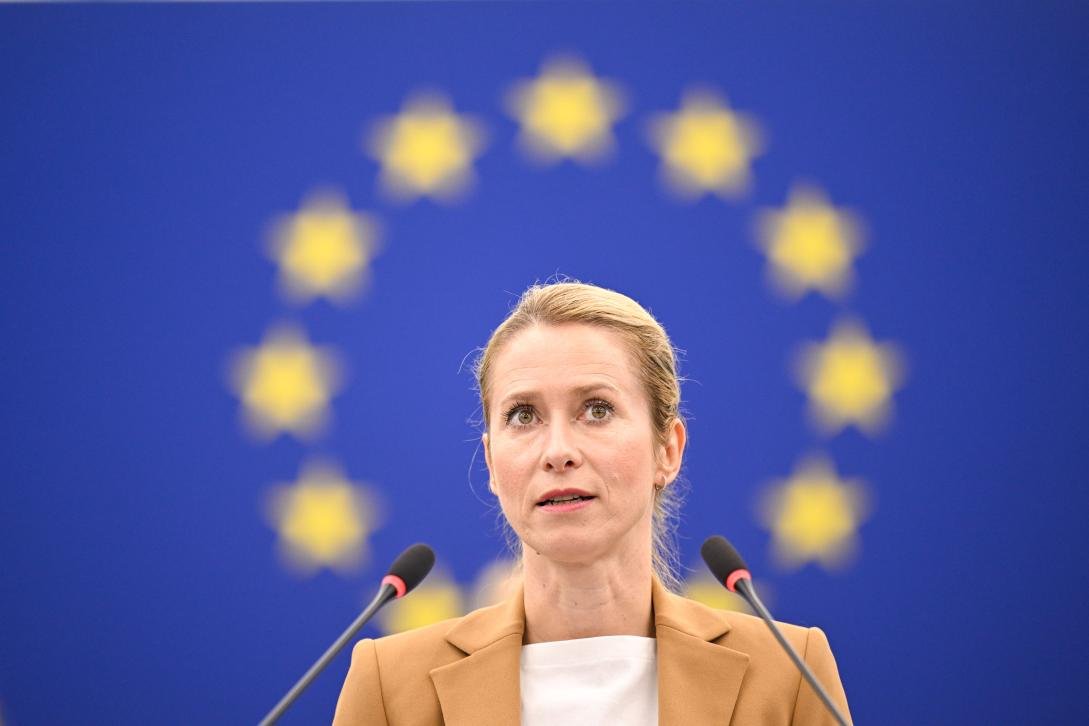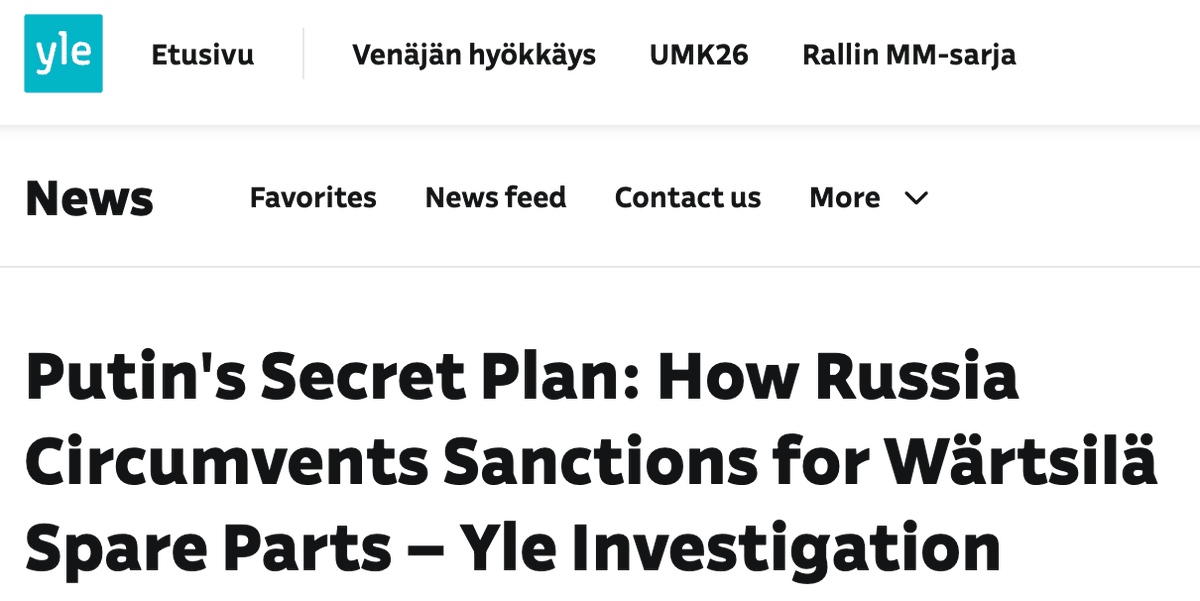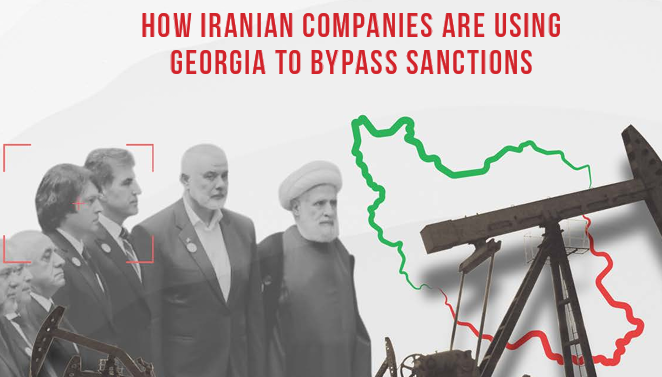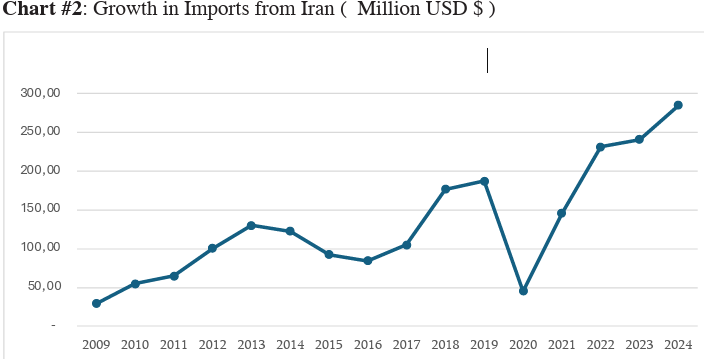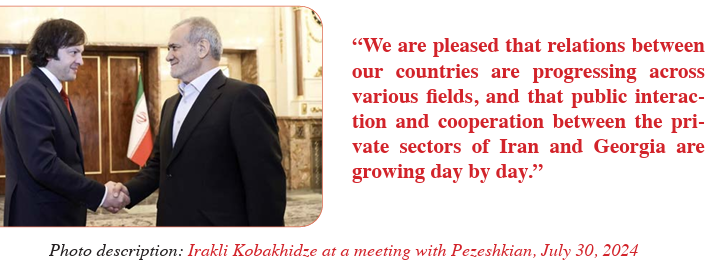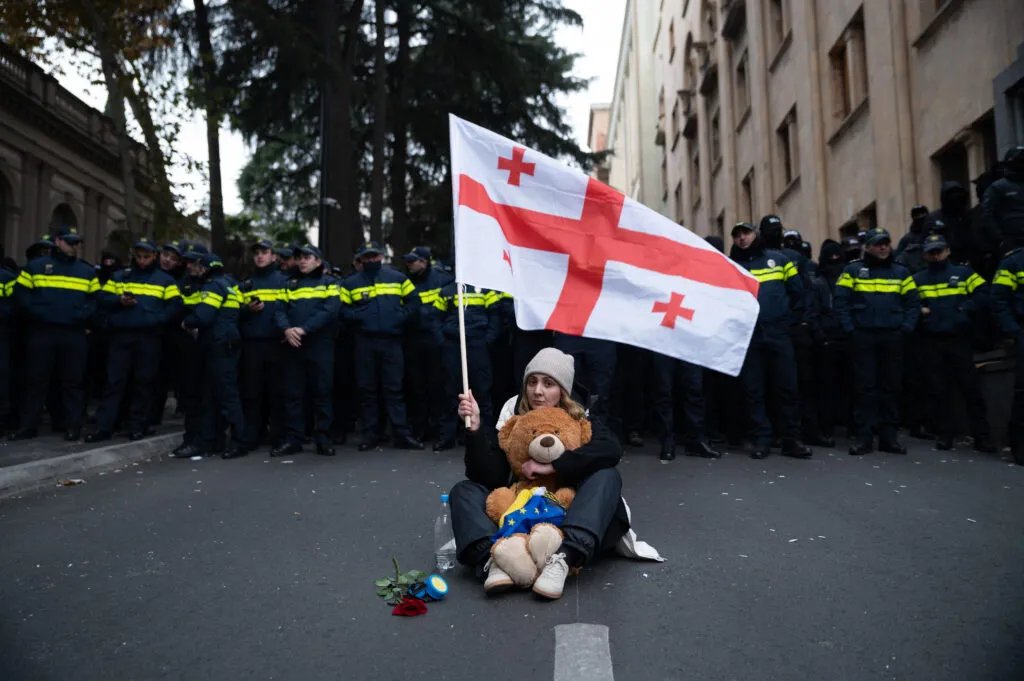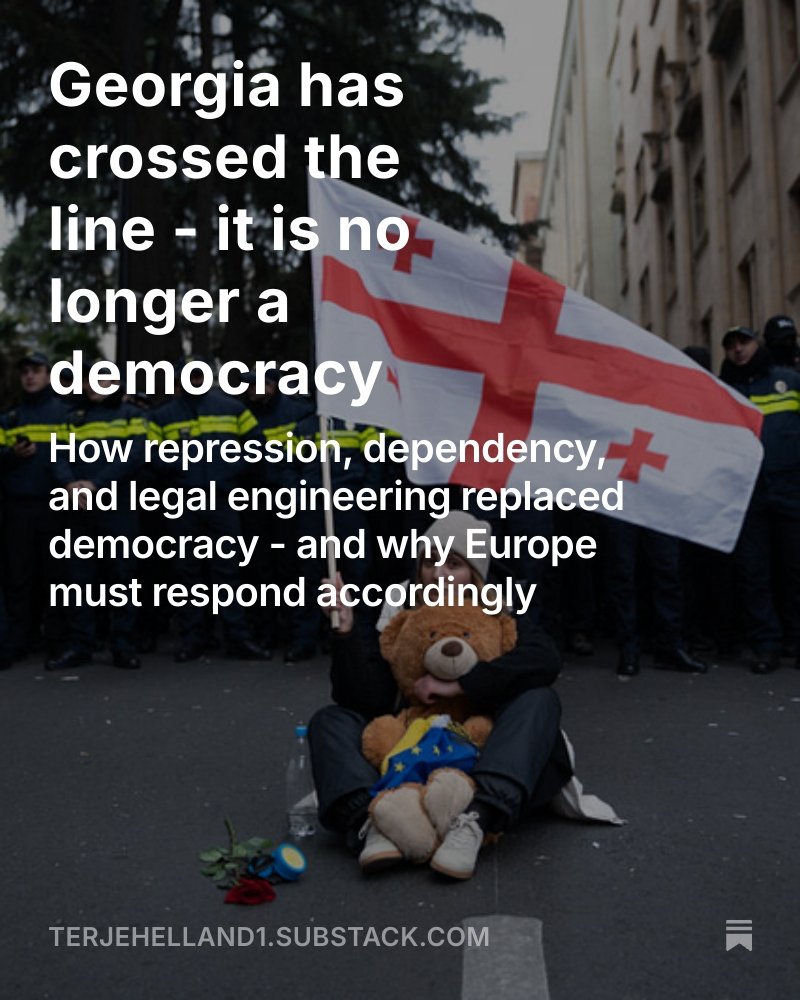Norge 🇳🇴 bør starte arbeidet for at NATO og Norge stiller med personell og soldater I Ukraina 🇺🇦 i kampen for å kaste Russland ut av landet.
#StandWithUkraine #StopRussianWar #Ukraine #SlavaUkraini
#StandWithUkraine #StopRussianWar #Ukraine #SlavaUkraini

Ukraina vil bli NATO-medlem så snart krigen er over. Vi bør allerede støtte Ukraina som om de var fullverdig medlem.
theguardian.com/world/2023/jun…
theguardian.com/world/2023/jun…
Ukraina har et betydelig behov for hjelp fra NATO og Norge på grunn av Russlands terrorkrig. Dette gjelder ikke bare våpen. En av hovedårsakene til dette behovet er den enorme ubalansen i personellressurser mellom Ukraina og Russland. 

Norge, og resten av Europa, er sikkerhetsmessig tjent med at Russerne lider tap i Ukraina. Allerede det Ukrainerne til nå ha påført Russland av tap, har satt dem ti-år tilbake som trussel mot Norge. 

Faren er at Ukraina, selv om de får solid støtte med våpen og materiell, vil slites ned på personellsiden. 

Tilgang på NATOs profesjonelle styrker og støttepersonell, vil styrke Ukraina betydelig og redusere Russlands vilje til å stå i krigen. 

Nå får Ukraina snart også tilgang på F-16 jagere, fly Norge har mange erfarne piloter til som kan bety en forskjell. 

Norge har hatt betydelige styrker i flere kampsoner som Libanon, Kosovo, Irak og Afganistan. Aldri før har det vært behov for oss så mye som nå. Nå er det Ukraina som trenger oss. 

I og med at Russland er involvert OG det er snakk om et fremtidig NATO-land, trenger vi denne gang ikke avvente FNs resolusjon for å bidra.
Ved å vise solidaritet med Ukraina kan Norge og NATO-land styrke alliansens troverdighet og avskrekke potensielle angrep på andre medlemsland. 

@jensstoltenberg @jonasgahrstore @AHuitfeldt @erna_solberg @Forsvarsdep @NATOpress @Bjornarildgram @KyivIndependent @KyivPost @Ukraine @MFA_Ukraine @ZelenskyyUa @DmytroKuleba
• • •
Missing some Tweet in this thread? You can try to
force a refresh



